Use Mentor Texts to Write Chapter Books
- by Myrna Foster
- September 18, 2021

I asked Vicky Fang to share the story of how she used mentor texts—how she studied her favorite chapter books from Scholastic Branches—to learn how to write a chapter book series that later sold to Scholastic Branches. And I am thrilled that she agreed to share her experience. To thank Vicky, I'll be giving away one of her chapter books at the end of this post. You can learn more about Vicky's background and her early journey here.
Without any further ado, here's Vicky. I hope you'll come away with this video inspired to go after whatever it is you want to create, whether that's chapter books or something else.
What I Learned From Vicky About Using Mentor Texts:
- Study a lot of different books. Vicky studied books from varied age groups about different subjects, not just the age group and subject she planned planned to write.
- If you want to write for a certain publishing imprint, study their books. I love that Vicky's agent ended up selling her Layla and the Bots series to Scholastic Branches. Talk about a perfect ending to a story!
- Look at mentor texts to see how how many pages and what kind of subject matter work for the age you want to write books for. And make sure you're using current books, not old ones.
- Write what you know. When I interviewed Vicky for the blog a few years ago, she talked about being a designer for Google. Here's an excerpt from what Vicky said in that interview: I’ve been an interaction designer in technology for over 10 years, designing tons of cool projects—like interactive buildings, or robots you can make at home, or games you can play with your voice. For the last 5 years, I’ve been designing experiences for kids, often with STEM goals in mind.
Chapter Book Giveaway
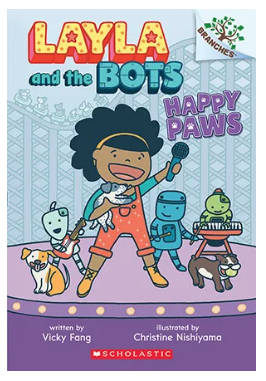
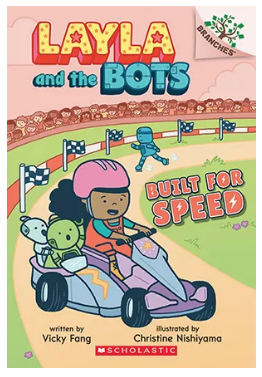
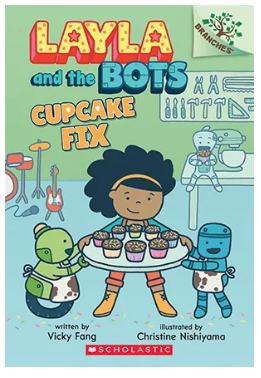
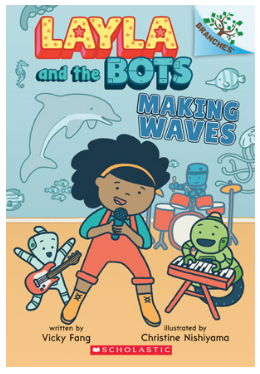
Now it's your turn to share what you've learned. Share something you’ve learned from Vicky in a comment, and I’ll enter you to win your choice of a copy of one of Vicky's Layla and the Bots chapter books. This giveaway will close on September 30th at midnight, PDT. You can share this post on social media for extra entries. Just post a link (or let me know) in a comment below.
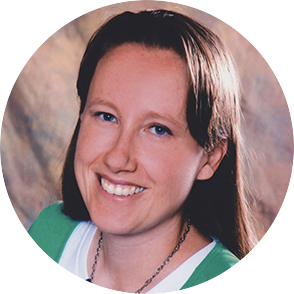
Myrna Foster
Myrna Foster writes and edits content for Storyteller Academy and the WriteRiders Newsletter for SCBWI Nevada. She has spent a lot of time teaching and coaching children, including five years as a preschool teacher. She's also worked as a journalist, and Highlights High Five has published six of her poems.
FREE DOWNLOADABLE RESOURCES
Find them HERE

Learn how to write your children's book from professional, award-winning authors and illustrators
in your own time, at your own pace.
JOIN OUR COMMUNITY
Your creative village is waiting for you HERE.
And it's free!
FEATURED
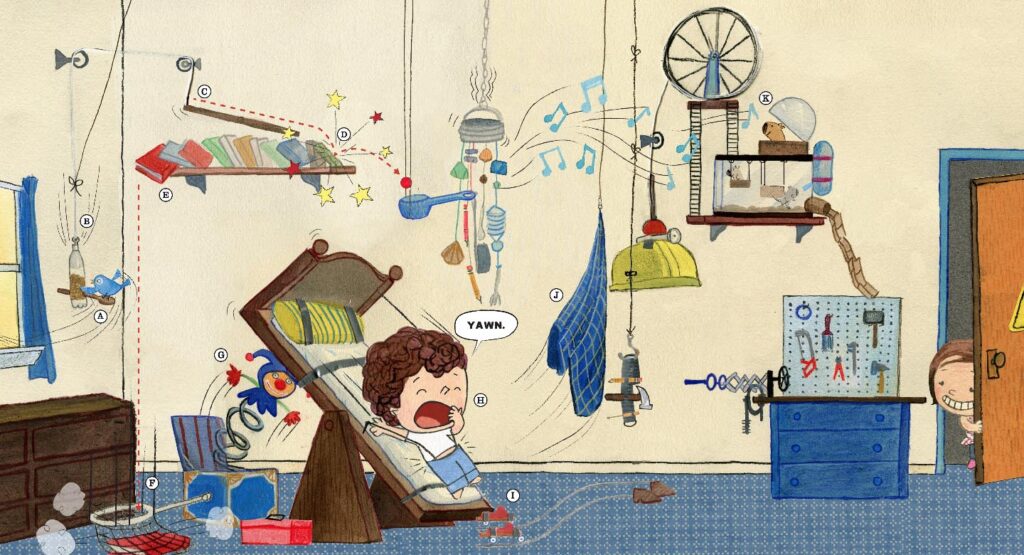
How to Write Children's Books in 7 Steps
EXPLORE
RECENT POSTS
Instructor Stories: Darcy Pattison
Instructor Stories: Baptiste Paul
Instructor Stories: Isabella Kung
Challenges & Twitter Events for Kidlit Creators
Use Mentor Texts to Write Chapter Books
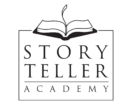

14 thoughts on “Use Mentor Texts to Write Chapter Books”
I learned that most CB series include back matter, and that CB series use illustrations that support the words and aid in comprehension for newly-independent readers.
I learned to use Mentor texts to analyze style, content and details from different writers. You can see how your own writing style relates to the mentor text.
I learned about a great way to end the chapter book I’m working on right now! Thanks so much!!
I was surprised to learn that some of the young chapter books weren't much longer than picture books. I'd read that older chapter books could be 10,000 to 15,000 words in length. But now I'm questioning how old that information is, since Vicky said the Scholastic Branch older chapter books were up to 8,000 words. It was an excellent video, and I plan on watching it several more times. Thank you, Vicky, for sharing your knowledge and insights with us.
Thank you for sharing your insights, Vicky…esp liked comment to read the imprint you want to sell to and to read recent books!
I learned that there is a depth of knowledge to be gained from disecting great mentor texts. Something I'm still learning to do. Congratulations Vicky, on your wonderful success. 👏👏👏
I learned the importance of research, mentor texts, and building on what you know. Congrats Vicky on your success.
I didn't know that modern chapter chapter books include back matter and also activities to engage the readers further. The video also reinforced the idea of mentor texts. This was an interesting video-very informative. Thank you for sharing it.
Elyse
It’s great to know the different page numbers for CBs!
One needs to know how the content flows in children's books. And know what you write. Interests are good, experience is good, lots of reading the age level you write for is great. No such thing as too much knowledge.
I've been thinking about chapter books and Vicky's video spoke volumes to me. Her info and mentor texts gave me reading levels, word counts, formats. I appreciate her explanations regarding voice, plot, pace, and illustrations! Thank you Vicky! I have some reading to do. 🙂
I enjoyed this. I was surprised to learn that there were chapter books in the 800-1500 word count range. I will definitely be picking up a few of the mentioned mentor texts.
Thanks Vicky for sharing. I learned the word count for early chapter books has expanded. I like that you showed spot illustration with longer word count. The explanation will help me zone in on what to look for in those books. I am revising a picture book manuscript into a chapter book manuscript, and this information will help me in choosing my mentor text.
i learned the value of including a hook at the end of each chapter or each book in a book series to spark the reader's wish to see what comes next.